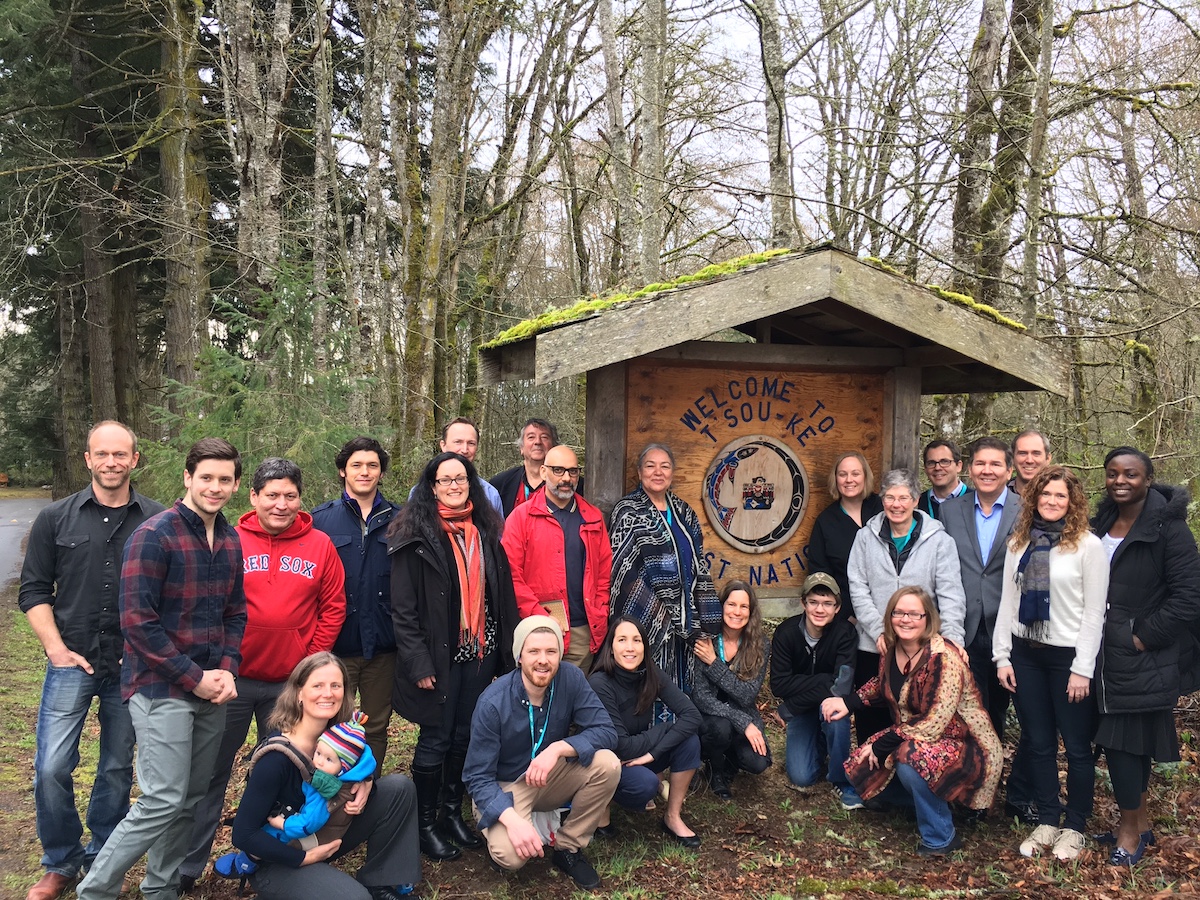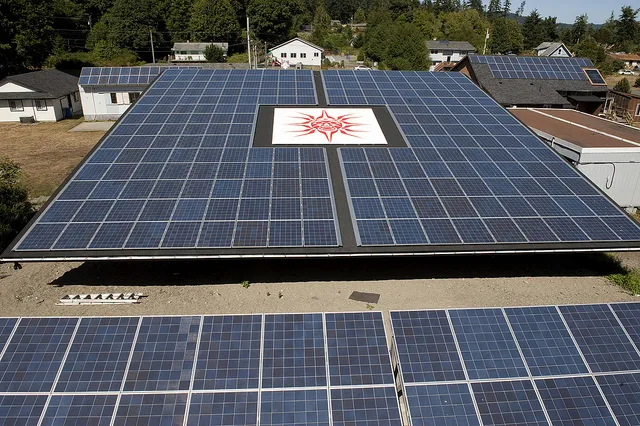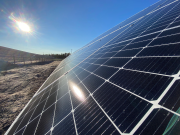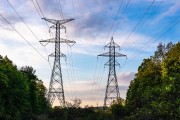Let’s think back to a year ago. Budget 2016, the first budget tabled by the Trudeau government, committed $8.4 billion over five years in new funding to Indigenous communities across Canada. This represented a significant increase from previous government commitments. This support was a critical step in the long process of reconciliation with First Nation, Métis and Inuit peoples of Canada. At its core, reconciliation is the need to acknowledge the history of colonization in Canada, and to make a meaningful effort to ensure Indigenous peoples are treated with respect and fairness and to ensure they have as much opportunity to thrive as the rest of Canada does. True reconciliation will take participation, patience and commitment from both sides. It will involve working to dismantle systemic forms of oppression — such as racism, segregation, and prejudice. Moreover, the process will require that oppressive systems are replaced with ones that promote inclusivity, equity, and that support a resurgence of Indigenous culture, heritage and leadership across the country.
In our view, climate and energy issues are a big part of this. Improving quality of life for Indigenous peoples involves transitioning remote communities away from diesel fuel, and onto clean energy sources, like solar, wind, micro-hydro and biomass. These efforts help to establish a clean economy within, and led by, Indigenous communities. Budget 2017 continues this work by investing a further $4 billion (starting in 2018-19) to Indigenous issues, including investments in health, climate initiatives, and community infrastructure.
While the Pembina Institute’s work on remote microgrid issues began from a place of supporting policy change for environmental reasons, we now see an even more significant reason to support this work — and one that allows us to participate in the efforts of reconciliation more meaningfully. We’re discovering through working partnerships that the transition to clean, community-owned energy systems is a conduit to support reconciliation. In many cases, remote and isolated indigenous communities have little opportunity to generate revenue from within their communities and traditional territories, apart from natural resource development, like oil and gas and mining. Those opportunities are often led by outside industries coming into their communities, and are contributing to disruption of habitat, traditional lands, increased carbon pollution and other negative social and environmental consequences.
Just like cities and municipalities, rural and remote Indigenous communities will always require reliable energy to function. Through proper policy and program design, Indigenous communities are in the best position to lead the development of their own energy projects based on traditional values and traditional knowledge. As Chief Gordon Planes, T’Sou’ke First Nation has said:
“Indigenous peoples have lived for thousands of years on this continent without fossil fuels. It is appropriate that Indigenous peoples lead the way out of dependency and addiction to fossil fuels and to rely on the power of the elements, the sun, the wind, and the sea once again… When there is a huge solar energy spill, it is called a ‘really nice day’.”
Getting northern Canada on track to get off diesel
Budget 2017 contains several allocations to directly support Indigenous communities’ shift away from fossil fuel energy systems and address the climate change challenge. Although details are pending, this new money is a testament to the government’s efforts to support Indigenous communities’ clean energy transition. It is also a continuation of climate and energy commitments laid out in the Pan-Canadian Framework on Clean Growth and Climate Change, released last December.
The $400 million Arctic Energy Fund is an especially welcomed announcement in Budget 2017, since it will help to address energy security in Canada’s arctic communities. The implementation of an energy fund has successfully been used in other jurisdictions including Alaska, where deployment of successful renewable energy projects have been catalyzed by the state’s Renewable Energy Fund. In Canada, with most new funding starting in 2018-19, time is on the government’s side to properly consult with Indigenous leaders and other stakeholders on how to effectively design and implement this fund. Other budget highlights include:
- Climate Change and Indigenous Knowledge: $83.8 million over five years (starting in 2017-18) to integrate traditional knowledge to build better understanding of climate change, and to guide climate adaptation and enhance Indigenous community resilience. A further $26.4 million over five years is committed to Indigenous and Northern Affairs Canada to support Indigenous collaboration on climate change.
- Reducing reliance on diesel in Indigenous and Northern Communities: Continued support to INAC’s Northern Responsible Energy Approach for Community Heat and Electricity Program, with $21.4 million over four years (starting in 2018-19) to support the deployment of renewable projects in communities that rely on diesel for electricity and heating. A further $220 million over 11 years to reduce reliance of rural and remote communities south of Canada’s 60th parallel on diesel fuel and more sustainable power solutions has also been announced.
- Energy innovation, research and development: An innovation fund of $75 million over two years to a clean technology stream to address challenges such as helping Canada’s rural and remote communities reduce their reliance on diesel as a power source.
Putting energy leadership in the right hands
Budget 2017 provides the federal government with an opportunity to rightfully transfer leadership to Indigenous communities, to ensure Indigenous communities develop their own path towards energy security and autonomy, and helps to minimize ongoing environmental, social and cultural harm from existing reliance on fossil fuel energy systems. Well designed fiscal policies and programs can provide Indigenous communities with equity and revenue from clean energy projects – and can help to accelerate entrepreneurship and innovation within the Indigenous business community. There are many positive examples and stories of Indigenous communities successfully transitioning to clean energy systems – from newer projects like Old Crow, Yukon to established leading communities like the Mesgi’g Ugju’s’n wind project in Quebec and T’Sou’ke First Nation on Vancouver Island, which has developed a world-class solar program.
Another example of a renewed government interest and attention on improving the health and well-being of Indigenous people, is the recently launched five-year research project funded by the Canadian Institutes of Health Research led by the Health, Environment and Community Research Lab at Queen’s University. The project is called Achieving Strength, Health, and Autonomy through Renewable Energy Development for the Future (A SHARED Future), and the Pembina Institute is proud to be a partner in a nation-wide team of Indigenous Elders, leaders, professors, academic researchers and other ENGOs. The focus of the research is to advance reconciliation of Indigenous peoples through the advancement of renewable energy systems and to contribute to healing our relations with others and the world around us.

Announcing Renewables in Remote Microgrids 2017!
The Pembina Institute is pleased to announce one of our next steps on this file: the 2017 Renewables in Remote Microgrids (RiRM) conference. The conference will be held in Whitehorse in the late fall (exact date to be announced in coming weeks) and co-hosted by the Pembina Institute and the Government of Yukon. RiRM 2017 will build on the success of RiRM 2015 and will concentrate on the business case viability of remote clean energy projects, and local capacity needed for Indigenous communities to lead this effort.
With the majority of the new government funding commitments beginning in 2018-19, the conference will provide an opportunity to share stories and discuss what policies and programs are needed to find positive business cases for clean energy projects that will unlock and attract private investment in Canada’s north. Success on this front will bring economic benefits and prosperity to Indigenous communities, where revenue can stay within communities and contribute to the overall well-being of community members. We’re looking forward to working with Indigenous communities and partners to ensure these new budget commitments are used effectively and bring the most benefits to Indigenous peoples. This conference will be an important next step —stay tuned for more details.









